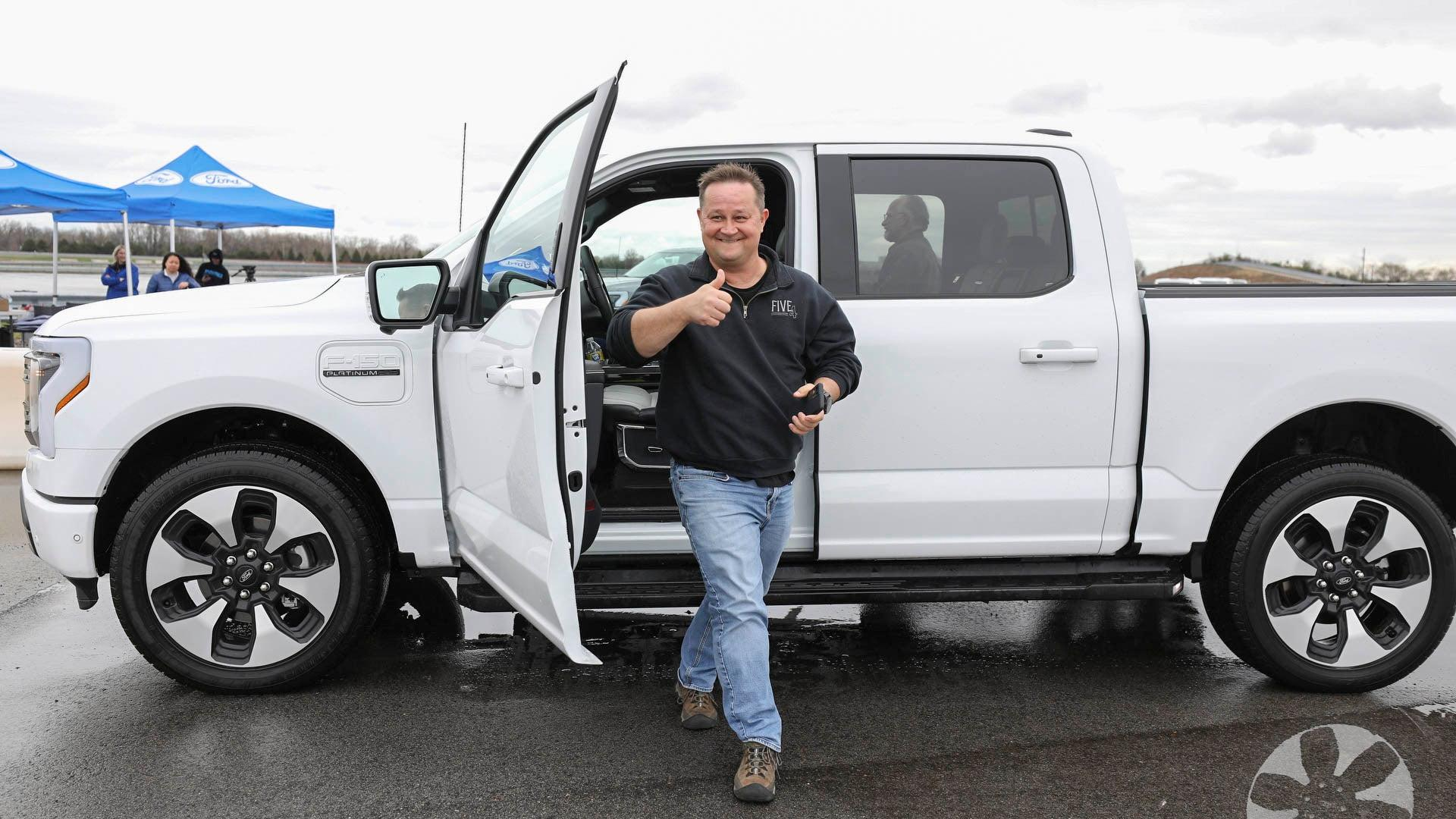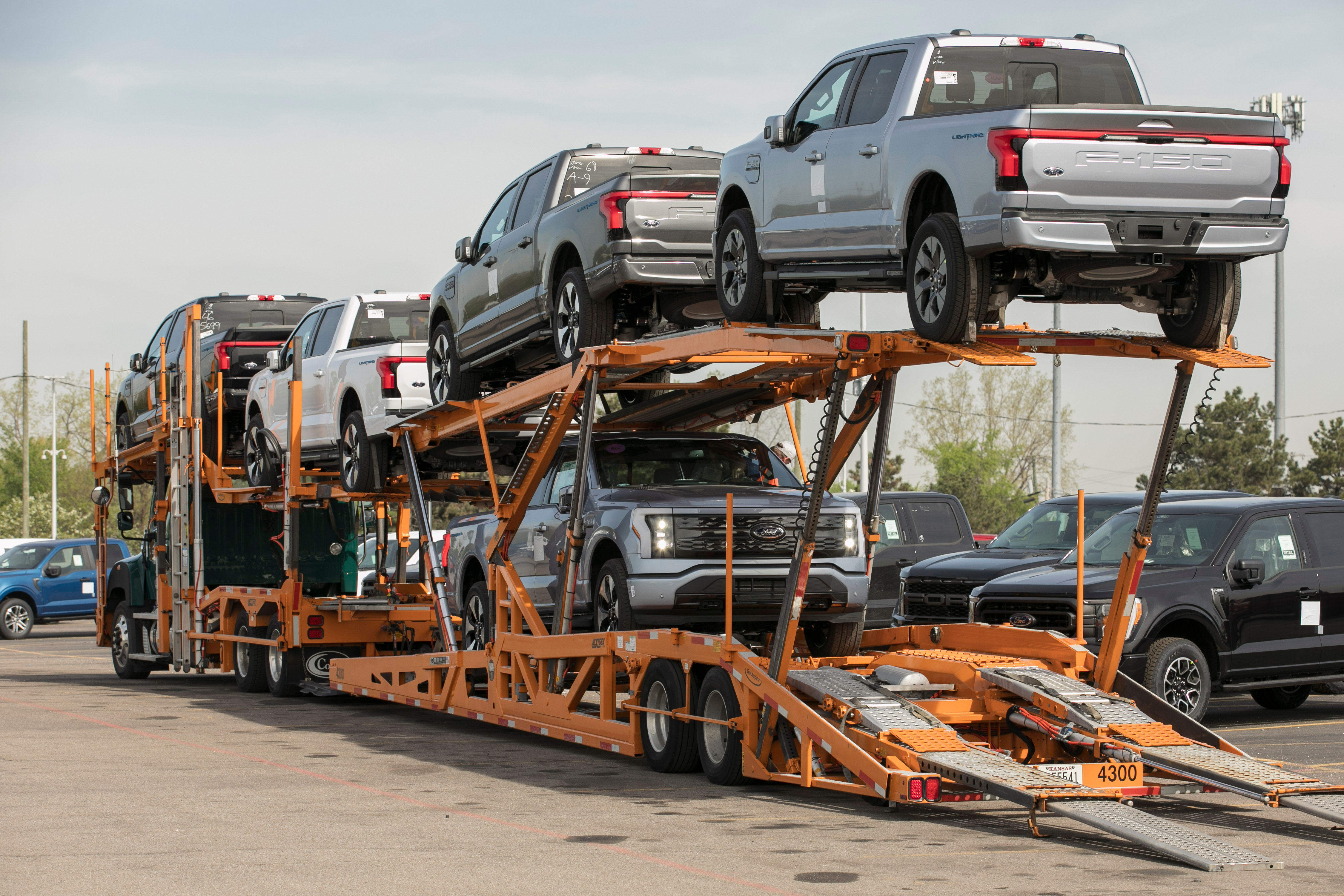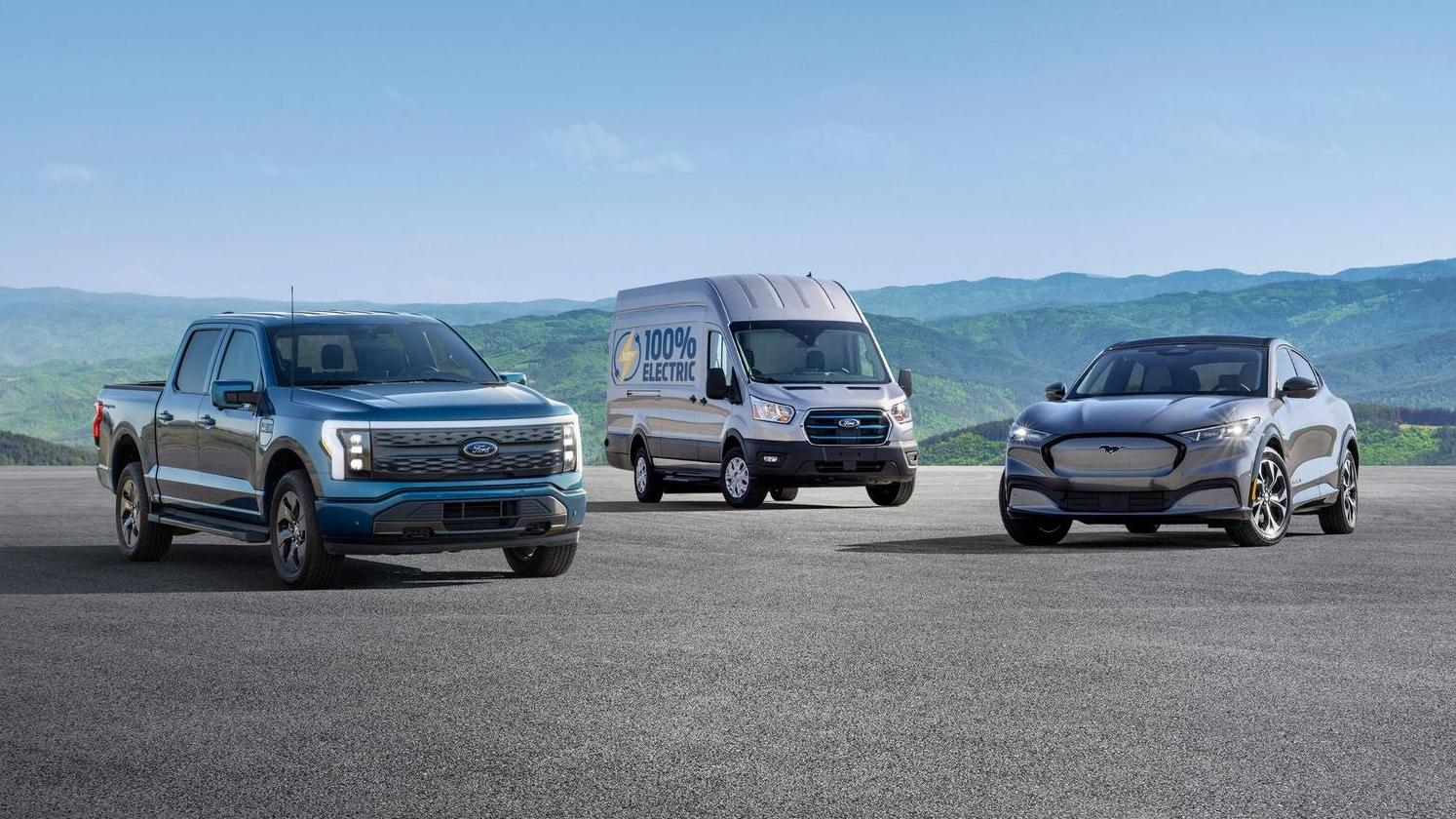Ford Wants To Cut Costs By Telling Dealers To Make Less On EV Sales, And Spend More On EV Infrastructure
Jim Farley will meet with dealers to discuss new selling agreements as Ford's EV lineup grows.
Ford CEO Jim Farley is meeting with dealers next week to talk about their role in the company as the U.S. automaker transitions to EVs. Farley is going to try to get dealers to simultaneously cut up to $2,000 from the cost of every single EV delivery, while asking dealers to make large investments into the company's retail EV infrastructure, as Reuters reports.
In July, Jim Farley told analysts Ford needs to slash selling and distribution costs in order to compete with Tesla and other EV makers that sell directly to customers without need for dealers acting as a conduit, or party in between.
That means cutting the cost of EV delivery by $2,000 per vehicle, which Ford plans to do by setting fixed prices and fees, which dealers can't change arbitrarily, and by establishing a "low inventory model." Under this model, customers order from Ford itself, and Ford delivers their electric car or truck.

Dealerships and major franchises would still be around, oddly enough; they'll just have fewer models on-hand, and will have to focus on "selling products and services after the initial vehicle sale," according to Farley.
Dealers will have to install an undisclosed minimum of EV chargers — which can cost up to $500,000 — and other equipment needed to service EVs. Farley says this model stops excess inventory from languishing on dealer lots for weeks or months on end, and would save the company from $600 to $700 per vehicle.
That's about a third of the money Ford needs to save to stay competitive with EV makers like Tesla and Rivian, which have done away with dealers entirely. The majority of Tesla's retail network is on a server, and the company has made due with service centers as the only physical point-of-contact for buyers. Legacy automakers like Honda, Volvo, and now Ford, are being drawn to this model.
But dealers aren't happy about having to spend more money to make less per sale, and one of the big questions is how quickly Ford expects dealers to have their EV infrastructure up and running. Dealers also say they're worried about Ford putting caps on profit margins on EVs under a build-to-order sales model.
It sounds like being a Ford dealer is about to become just a little less lucrative in the short term, and while Ford struck an amiable tone in a statement, saying it looks forward to the meeting to discuss how to "grow" and "win together" with its dealers, it's likely that dealers are going to push back.

